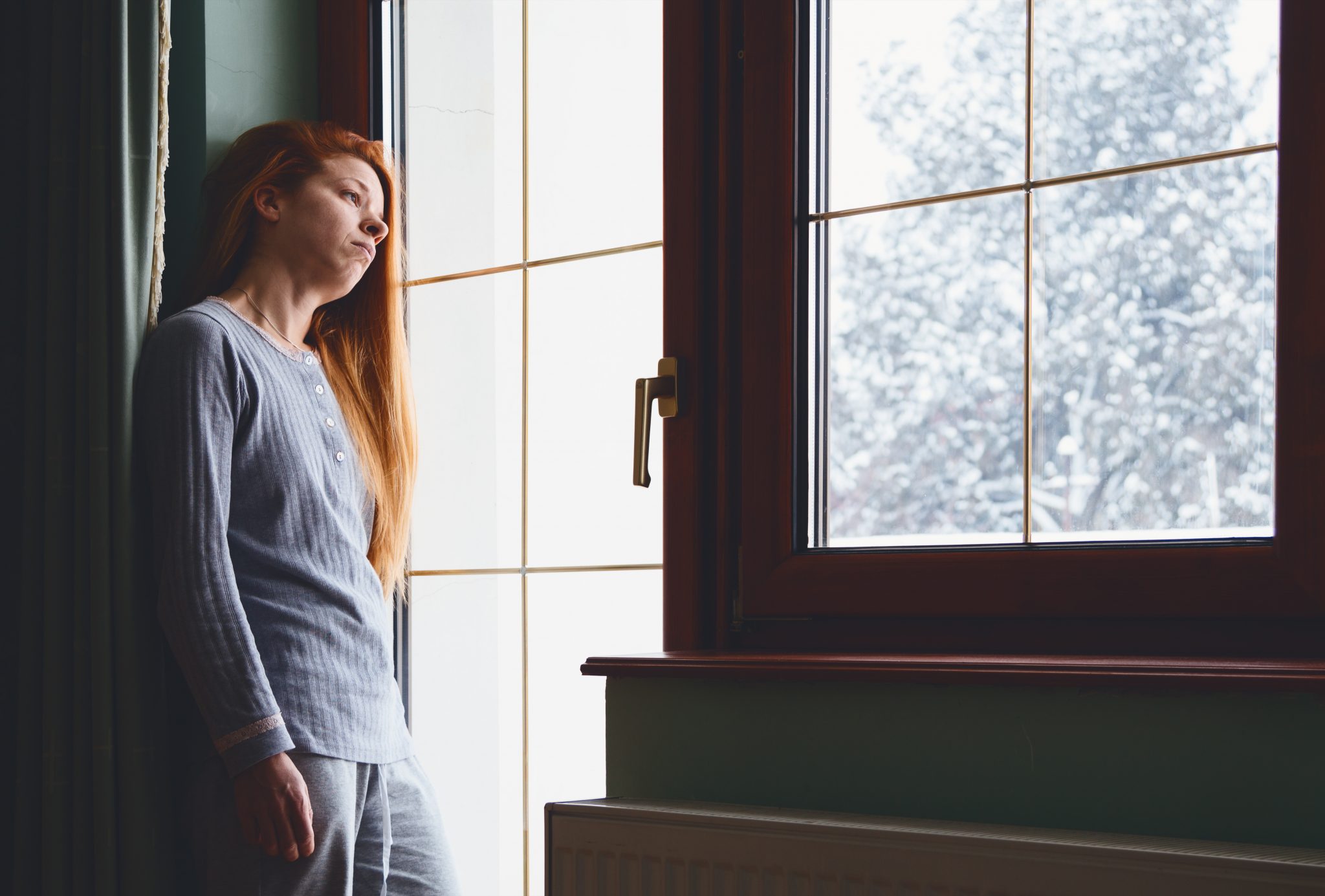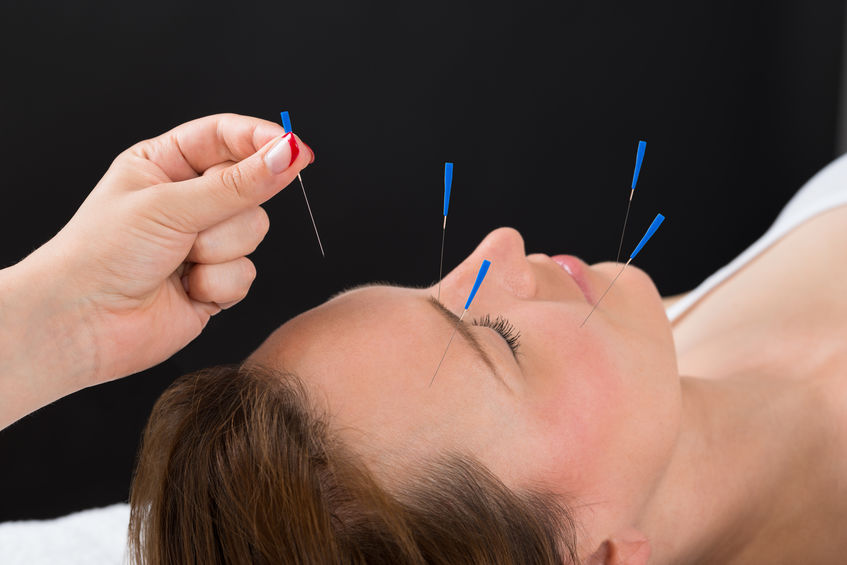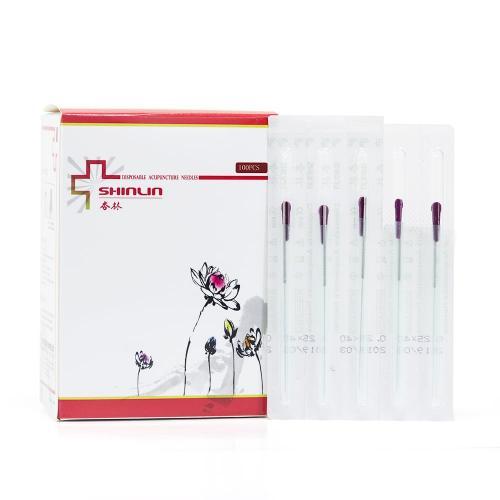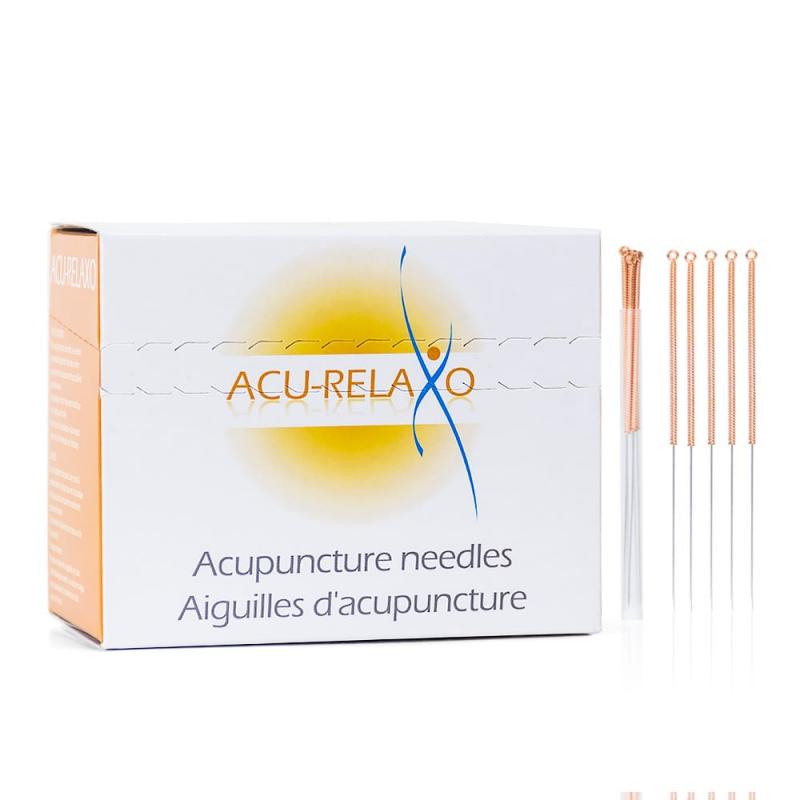Winter is a dreary time for those of us affected by seasonal affective disorder. The frequent snow makes it harder to walk outside, and the cloudy sky brought by snow worse the situation. If you’ve ever felt different in winter, either a little sadder or mildly depressed with symptoms relieving some springtime, it is likely that you’re prone to SAD.
To a degree, seasonal depression is also referred to as the winter blues. The meaning of winter blues is no different. In traditional Chinese medicine, we believe nature and people are inseparable. It makes sense why, come winter, depression may set in. Spring grows nature, summer’s a growth and development period, autumn is the maturity of what’s grown and is a season of harvest, and winter delivers inactivity and death. You must have watched disaster movies, where coldness from ice and snow aggravates the sadness and depression of people.
SAD or winter blues symptoms include increased irritability, headaches, increased appetite, extreme fatigue, a more general lethargy, carb carvings, difficulty concentrating, and a decreased libido.
Seasonal affective disorder is believed to affect roughly 110,000 Canadians every year, the majority of which are female. As scientists do not have an accurate picture of the cause of seasonal depression, treatment can be difficult or with risks if you go the pharmaceutical way. If the issue annoys your ordinary life, you should consult a doctor. But if you want to try something to ease the situation, acupuncture needles may be one way to calmly and successfully reduce SAD symptoms.
The way that acupuncture works is that it uses the body’s own responses and natural healing capability to essentially heal itself. There are also benefits studies analyzing the benefits of acupuncture, showing the process can stimulate neurological, immunological, and hormonal systems. A building consensus is also arguing acupuncture’s ability to treat depression. Results have shown that regular acupuncture effectively help eliminate symptom caused by depression.
Throughout the history of acupuncture, we have seen acupuncture used to treat SAD and depression along with herbal medicines, massage therapy, diet therapy, and exercise. Acupuncture restores a sense of balance and energy throughout the body. Disturbances of a chemical, mental, emotional, or physical origin have been successfully treated for centuries through acupuncture. Along with other kind of treatment, the outcome of acupuncture can reach to a maximum sound effect.
From a scientific perspective, once the acupuncture needles are inserted, the body’s natural response is to release serotonin and noradrenaline-norepinephrine. These are stimulates that counter depression. There’s some evidence to suggest the effects in some people are so intense that they are equivalent to or exceeding the work of a tricyclic antidepressant. Everyone knows medicine can more or less brings side effects, and patients will be addicted to it for many years. Therefore, acupuncture can be a great way of healing the depressed and sad mood.
If a seasonal depressed mood has got you down, acupuncture is a treatment modality that is worth trying. You don’t need medication or even psychotherapy to overcome SAD, although there’s nothing wrong with going down this route should you so desire. Here are some other hints on what you can do to use with acupuncture for SAD:
- Stay physically active but do not overstrain your muscles.
- Keep your nutrition and diet up to standard. Eat lots of vegetables and stay dedicated.
- Always get a minimum of 7 hours of sleep a night. Rest is important!
- Have a comfortable living environment at home with no stressors.
- Be aware of yourself becoming more inactive and isolated. If you find this to be you, make the effort to be different.




